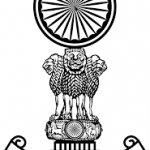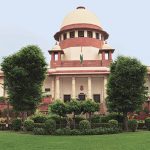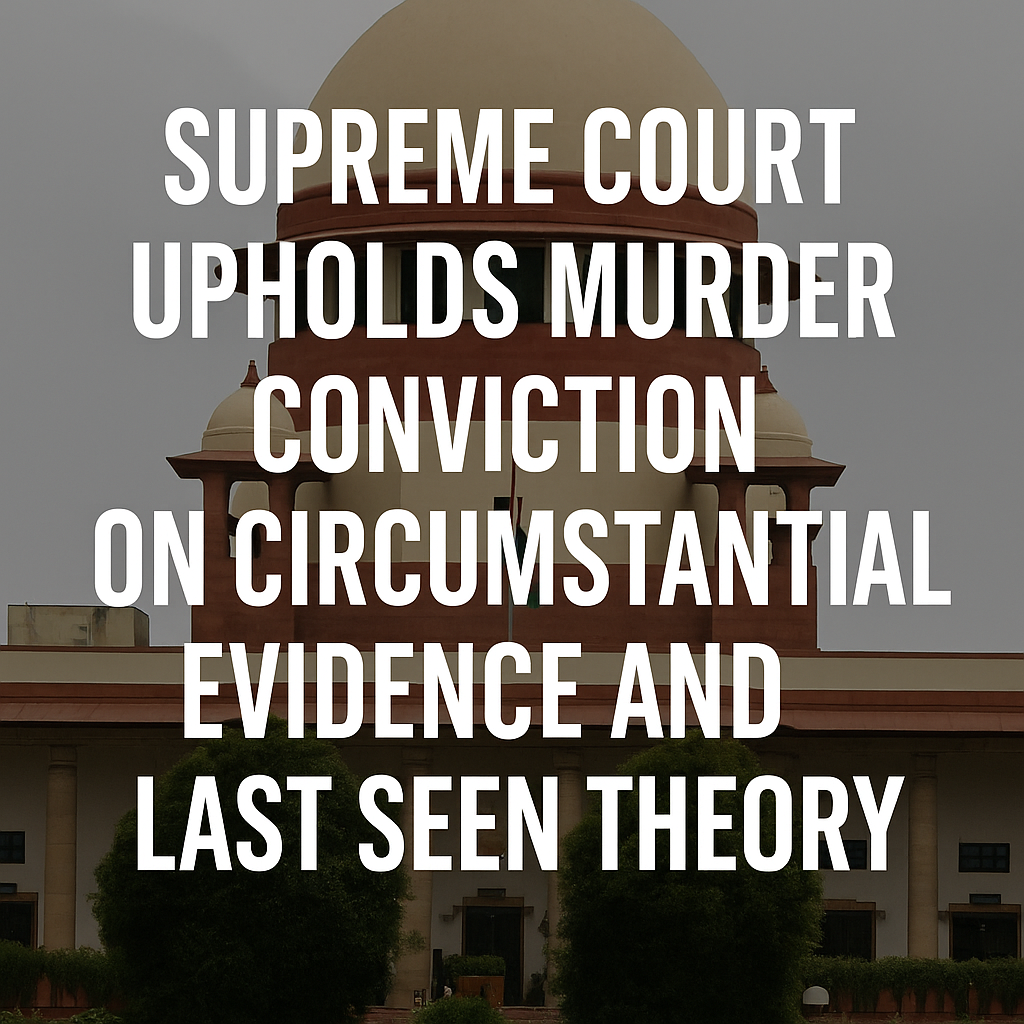Overview :
Family Law is not necessarily limited to Matrimonial issues, but also extends to property law and others. Matrimonial Issues, Law of Inheritance and Guardianship of Child are the important matters in the subject of Family Law. One should Trust his lawyer to the maximum as he is going to disclose his entire issues though it’s private. Nowadays, criminal prosecution under the provisions of Protection of Women from Domestic Violence Act, 2005 and as per the provisions of 498-A IPC and Section 4 of Dowry Prohibition Act, 1961 are also necessarily considered to be a subject in Family Law.
Little domestic issues become the foundation of almost all Family Law Proceedings. Such foundation either be destroyed or exaggerated, which depends upon choosing of Good Lawyer practicing some principles of Dharma. So, choice of Lawyer is nothing but a choice of Life, especially in matrimonial issues.
The division of property at the end of a marriage is also a common issue in family law cases. In India, if a spouse decides to harass his/her partner, much venues are available for initiating several legal proceedings. Multiple litigation stretch the relationship. In short, the area of Family Law has been widened. People also require much legal advice in the subject of Family law, before and after litigation.
Family Law
Smt Sunita Motwani v. Amitabh Sinha
There cannot be any bar for claiming maintenance under S. 24 HMA, even in the event of application under S. 125 CrPC having been filed.
Rupali Gupta v. Rajat Gupta
The wife, who is a qualified Chartered Accountant and in profession need not be granted interim maintenance under Section 24 of the Hindu Marriage Act.
Gaurav Nagpal v. Sumedha Nagpal, AIR 2009 SC 557
It is settled legal proposition that while determining the question as to which parent the care and control of a child should be given, the paramount consideration remains the welfare and interest of the child and not the rights of the parents under the statute. Such an issue is required to be determined in the background of the relevant facts and circumstances and each case has to be decided on its own facts as the application of doctrine of stare decisis remains irrelevant insofar as the factual aspects of the case are concerned. While considering the welfare of the child, the "moral and ethical welfare of the child must also weigh with the court as well as his physical well- being". The child cannot be treated as a property or a commodity and, therefore, such issues have to be handled by the court with care and caution with love, affection and sentiments applying human touch to the problem. Though, the provisions of the special statutes which govern the rights of the parents or guardians may be taken into consideration, there is nothing which can stand in the way of the court exercising its parens patriae jurisdiction arising in such cases.
Jai Prakash Khadria v. Shyam Sunder Agarwalla & Anr., AIR 2000 SC 2172; and Mausami Moitra Ganguli v. Jayant Ganguli, AIR 2008 SC 2262
It is held that it is always permissible for the wards to apply for the modification of the order of the court regarding the custody of the child at any stage if there is any change in the circumstances.
Validity and Presumption of Marriage
Piers v. Piers [(1849) 2 HL Cas 331 : (1843-60) All ER Rep 159 : 9 ER 1118] – House of Lords
The question of validity of a marriage cannot be tried like any other issue of fact independent of presumption.The Court held that law will presume in favour of marriage and such presumption could only be rebutted by strong and satisfactory evidence.
Lt. C.W. Campbell v. John A.G. Campbell [(1867) LR 2 HL 269] , also known as the Breadalbane case [(1867) LR 2 HL 269]
The House of Lords held that cohabitation, with the required repute, as husband and wife, was proof that the parties between themselves had mutually contracted the matrimonial relation. A relationship which may be adulterous at the beginning may become matrimonial by consent. This may be evidenced by habit and repute.
Sastry Velaider Aronegary v. Sembecutty Vaigalie [(1881) 6 AC 364 : (1881-85) All ER Rep Ext 1804 (PC)]
It was held that where a man and woman are proved to have lived together as man and wife, the law will presume, unless the contrary is clearly proved, that they were living together in consequence of a valid marriage, and not in a state of concubinage.
Andrahennedige Dinohamy v. Wijetunge Liyanapatabendige Balahamy [AIR 1927 PC 185]
The Privy Council laid down the general proposition that where a man and woman are proved to have lived together as man and wife, the law will presume, unless, the contrary is clearly proved, that they were living together in consequence of a valid marriage, and not in a state of concubinage.
Mohabbat Ali Khan v. Mohd. Ibrahim Khan [(1928-29) 56 IA 201 : AIR 1929 PC 135]
The Privy Council has laid down that the law presumes in favour of marriage and against concubinage when a man and woman have cohabited continuously for number of years.
Gokal Chand v. Parvin Kumari [AIR 1952 SC 231]
Continuous cohabitation of man and woman as husband and wife may raise the presumption of marriage, but the presumption which may be drawn from long cohabitation is rebuttable and if there are circumstances which weaken and destroy that presumption, the Court cannot ignore them.
Badri Prasad v. Director of Consolidation [(1978) 3 SCC 527]
The Supreme Court held that a strong presumption arises in favour of wedlock where the partners have lived together for a long spell as husband and wife. Although the presumption is rebuttable, a heavy burden lies on him who seeks to deprive the relationship of legal origin.
Tulsa v. Durghatiya [(2008) 4 SCC 520]
It is held that where the partners lived together for a long spell as husband and wife, a presumption would arise in favour of a valid wedlock.
Capt. Ramesh Chander Kaushal v. Veena Kaushal [(1978) 4 SCC 70 : 1978 SCC (Cri) 508 : AIR 1978 SC 1807]
Section 488 of Criminal Procedure Code, 1898 except for the fact that the parents have also been brought into the category of persons entitled for maintenance. It observed that this provision is a measure of social justice specially enacted to protect, and inhibit neglect of women, children, old and infirm and falls within the constitutional sweep of Article 15(3) reinforced by Article 39.
Great Krishna Iyer, J.
observed that
“9. … We have no doubt that sections of statutes calling for construction by courts are not petrified print but vibrant words with social functions to fulfil. The brooding presence of the constitutional empathy for the weaker sections like women and children must inform interpretation if it is to have social relevance. So viewed, it is possible to be selective in picking out that interpretation out of two alternatives which advance the cause—the cause of the derelicts.”
Vimala v. Veeraswamy [(1991) 2 SCC 375 : 1991 SCC (Cri) 442]
A three-Judge Bench of Supreme Court held that Section 125 of the Code of 1973 is meant to achieve a social purpose and the object is to prevent vagrancy and destitution. Explaining the meaning of the word “wife” the Court held: (SCC p. 378, para 3)
“3.
…The object is to prevent vagrancy and destitution. It provides a speedy remedy for the supply of food, clothing and shelter to the deserted wife. When an attempt is made by the husband to negative the claim of the neglected wife depicting her as a kept-mistress on the specious plea that he was already married, the court would insist on strict proof of the earlier marriage. The term ‘wife’ in Section 125 of the Code of Criminal Procedure, includes a woman who has been divorced by a husband or who has obtained a divorce from her husband and has not remarried. The woman not having the legal status of a wife is thus brought within the inclusive definition of the term ‘wife’ consistent with the objective.”
Famous Shah Bano case- Mohd. Ahmed Khan v. Shah Bano Begum [(1985) 2 SCC 556 : 1985 SCC (Cri) 245]
Considering the provision of Section 125 of the 1973 Code, opined that the said provision is truly secular in character and is different from the personal law of the parties. The Court further held that such provisions are essentially of a prophylactic character and cut across the barriers of religion. The Court further held that the liability imposed by Section 125 to maintain close relatives, who are indigent, is founded upon the individual’s obligation to the society to prevent vagrancy and destitution.
Dwarika Prasad Satpathy v. Bidyut Prava Dixit [(1999) 7 SCC 675 : 1999 SCC (Cri) 1345]
The standard of proof of marriage in a Section 125 proceeding is not as strict as is required in a trial for an offence under Section 494 IPC. The learned Judges explained the reason for the aforesaid finding by holding that an order passed in an application under Section 125 does not really determine the rights and obligations of the parties as the section is enacted with a view to provide a summary remedy to neglected wives to obtain maintenance. The learned Judges held that maintenance cannot be denied where there was some evidence on which conclusions of living together could be reached.
Yamunabai Anantrao Adhav v. Anantrao Shivram Adhav [(1988) 1 SCC 530 : 1988 SCC (Cri) 182 : AIR 1988 SC 644]
It is held that an attempt to exclude altogether personal law of the parties in proceedings under Section 125 is improper (see para 6). The learned Judges also held (paras 4 and 8) that the expression “wife” in Section 125 of the Code should be interpreted to mean only a legally wedded wife.
Savitaben Somabhai Bhatiya v. State of Gujarat [(2005) 3 SCC 636 : 2005 SCC (Cri) 787 : AIR 2005 SC 1809]
It is held that however desirable it may be to take note of plight of an unfortunate woman, who unwittingly enters into wedlock with a married man, there is no scope to include a woman not lawfully married within the expression of “wife”. The Bench held that this inadequacy in law can be amended only by the legislature.



